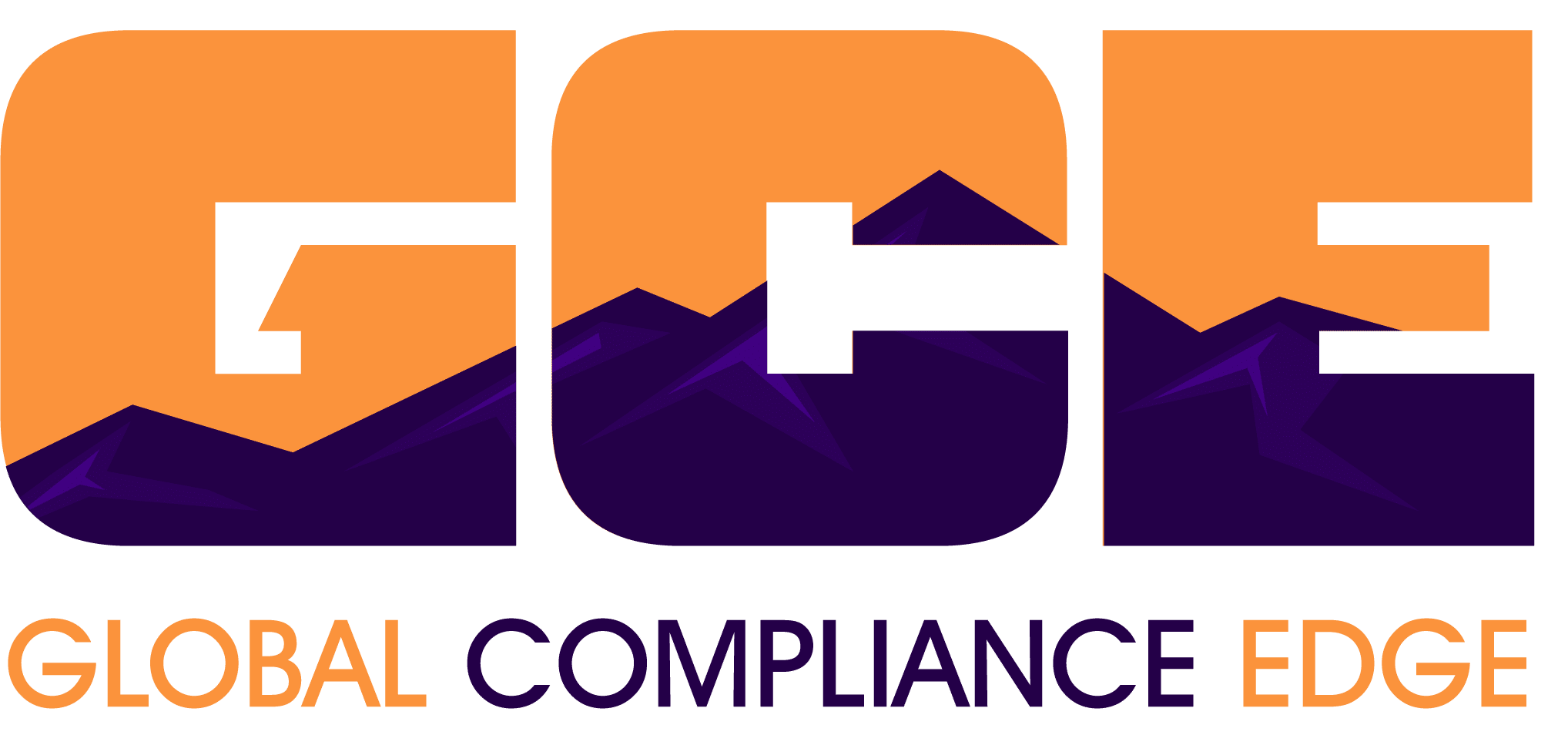February Update from the SFC in Hong Kong
The SFC has been actively pushing forward several key initiatives and enforcement actions this February, demonstrating their continued commitment to modernising the financial landscape and maintaining market integrity.
Firstly, the SFC announced plans to transition the local stock market to a fully electronic and paperless system starting from early next year. This ambitious five-year reform aims to enhance efficiency, support straight-through processing, and contribute to a greener market. As part of this initiative, the SFC has launched an industry consultation to gather feedback on fee caps for various electronic processes and online services.
On the enforcement front, the SFC commenced criminal proceedings against veteran movie producer and actor Wong Pak-ming for alleged insider trading. The charges relate to stock transactions in 2017 involving his movie production and distribution company, Transmit Entertainment. This case highlights the SFC’s continued focus on tackling market misconduct and reinforcing the importance of transparent and fair practices.
Cybersecurity remains a significant area of focus for the regulator. The SFC’s thematic review report identified considerable cybersecurity risks among licensed corporations, with outdated software and weak encryption algorithms being common issues. To address these vulnerabilities, the SFC has outlined expected standards to help licensed corporations combat emerging threats. The regulator also plans to review its existing cybersecurity framework later in 2025 to ensure it remains robust and effective.
Overall, the SFC’s February updates reflect a strong push towards modernisation and the ongoing maintenance of market integrity through proactive regulatory measures and enforcement actions.
February Update from the MAS in Singapore
February saw significant developments from the Monetary Authority of Singapore, reflecting a strategic focus on strengthening the equities market and positioning Singapore as a leading payments hub.
The MAS introduced a comprehensive set of measures aimed at bolstering Singapore’s equities market. These include targeted tax incentives, the Equity Market Development Programme, and initiatives designed to attract high-growth companies in sectors such as technology, healthcare, and sustainability-linked industries. This move underscores the MAS’s commitment to maintaining Singapore’s competitive edge as a global financial centre.
In addition, the MAS, in collaboration with the Association of Banks in Singapore (ABS), announced the establishment of a new payments entity. This initiative aims to position Singapore as a premier payments hub by enhancing the efficiency and security of payment systems. The creation of this new entity aligns with MAS’s ongoing efforts to strengthen financial infrastructure and support the evolving needs of the payments ecosystem.
The MAS’s February updates demonstrate a forward-looking approach to market development and infrastructure enhancement, reinforcing Singapore’s status as a leading financial and payments centre.
February Update from ASIC and AUSTRAC in Australia
February saw a range of regulatory updates and enforcement actions from both the Australian Securities and Investments Commission (ASIC) and the Australian Transaction Reports and Analysis Centre (AUSTRAC), highlighting their ongoing commitment to maintaining financial integrity and tackling non-compliance.
Starting with ASIC, the regulator published a financial advice update, covering key developments and challenges within the financial advice sector. This included discussions around professional standards, the increasing adoption of artificial intelligence by licensees, and recent enforcement actions. The update underscores ASIC’s focus on ensuring high standards of conduct and adapting to technological advancements in the industry.
In a notable enforcement action, ASIC banned Andrew Bodnar, a former director of Kingdom Developments Group, from providing financial services for six and a half years. This decision follows his involvement in unlicensed financial services and misleading conduct, reinforcing ASIC’s commitment to maintaining industry standards and protecting consumers from misconduct.
AUSTRAC has also been active, intensifying its crackdown on non-compliant digital currency exchanges. As part of this effort, the agency targeted 13 exchanges and imposed additional conditions on two others. The increased enforcement follows the discovery of systemic underreporting within the sector, emphasising AUSTRAC’s commitment to maintaining transparency and compliance in the digital currency space.
Additionally, AUSTRAC’s intelligence capabilities played a key role in assisting law enforcement, as evidenced by an operation that led to the arrest of an individual charged with importing a commercial quantity of drugs. This underscores AUSTRAC’s vital role in supporting law enforcement agencies through intelligence sharing and collaboration.
The updates from both ASIC and AUSTRAC in February reflect a strong stance on regulatory compliance and demonstrate the importance of maintaining high standards within the financial sector.


